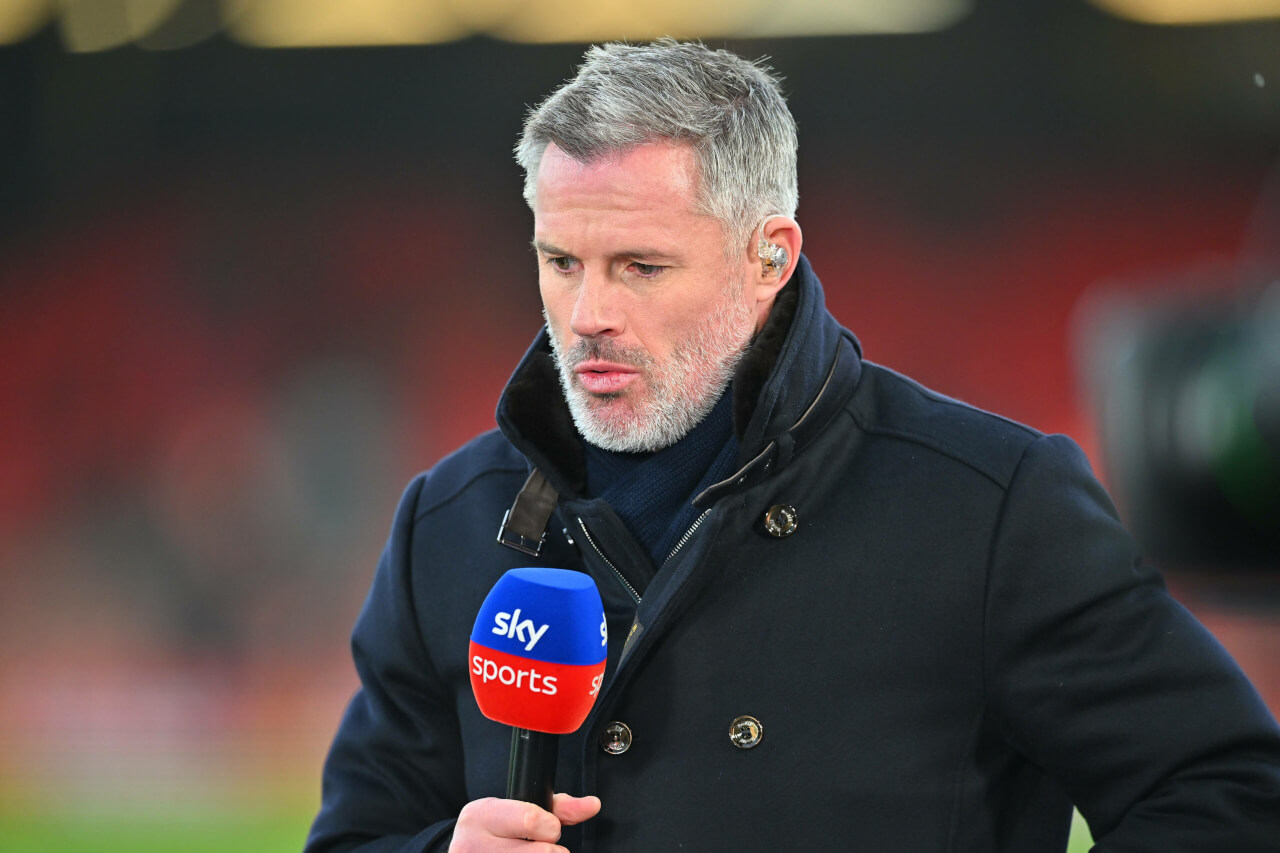Carragher delivers blunt Liverpool analysis after heavy Forest defeat
Liverpool’s latest setback has intensified scrutiny around their Premier League campaign, and one of the club’s most respected former players has offered a stark assessment of the issues unfolding on the pitch. Jamie Carragher’s analysis following the 3-0 home defeat to Nottingham Forest cut through the noise, laying bare the shortcomings that have contributed to a worrying downturn in form.

Carragher’s breakdown of critical moments
Carragher used his appearance on Monday Night Football to dissect Forest’s opening goal, shifting attention away from the officiating controversy and instead examining Liverpool’s own errors. His focus centred on the phase of play before the corner was conceded, highlighting duels lost in advanced areas and a sequence of missed challenges that allowed Forest to build momentum.
Alexis Mac Allister was the first to be singled out for losing possession just outside the opposition penalty area, a moment Carragher argued set the tone for what followed. The breakdown continued as Ryan Gravenberch and Ibrahima Konate were beaten too easily, a pattern the former defender labelled “not acceptable” given the stakes and the territory Liverpool were operating in.
Further lapses came as Dominik Szoboszlai and Curtis Jones failed to halt Forest’s progress, ending with a poor concession of a corner—an area Carragher noted has been problematic throughout the season. When the set piece was eventually delivered, Liverpool’s disorganisation was exposed again. Carragher described the defending as “a mess”, accusing several players of reacting late and losing sight of the ball before Murillo found the net.
Structural flaws exposed in costly sequence
Beyond the individual moments, the sequence leading to the first goal reinforced broader concerns around Liverpool’s defensive structure under Arne Slot. Even with the frustration surrounding Dan Ndoye’s offside position in front of Alisson Becker, the lead-up to the opener offered little comfort for supporters hoping to see signs of solidity.
Key problems ranged from losing aerial challenges to a lack of clarity in marking responsibilities—issues that cannot be attributed to misfortune or officiating. Slot now faces the task of addressing these concerns quickly, with the evidence suggesting a pattern rather than an isolated lapse.
Virgil van Dijk’s post-match comments reflected the growing tension within the squad, with the captain openly lamenting the team’s inability to win duels or react decisively to loose balls. Supporters at Anfield and at home will have recognised those shortcomings, as Liverpool struggled to impose themselves in either physical or tactical phases of the contest.
Slot tasked with urgent response ahead of defining week
Liverpool’s position in the table—down to 11th and with six defeats in their last seven league matches—has inevitably sparked discussion about the direction of Slot’s project. While talk of managerial futures may feel premature, the urgency of the moment is undeniable. Conceding 20 goals in the first 12 league games marks a significant departure from the standards that carried the club to the title last season.
Carragher’s analysis served as a reminder that the problems are not confined to isolated moments but reflect a deeper malaise in both structure and execution. The upcoming fixtures against PSV Eindhoven and West Ham present an opportunity to stabilise the situation, but only if Liverpool absorb the lessons of a bruising afternoon at Anfield.
With crucial European and domestic tests on the horizon, Liverpool’s response will offer a clearer indication of whether this slump signals a temporary dip in form or a more substantial challenge for Slot and his coaching staff. What remains certain is that the level of individual and collective errors highlighted by Carragher cannot continue if the champions hope to regain momentum.



